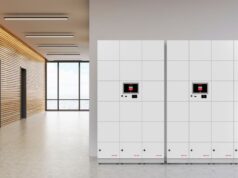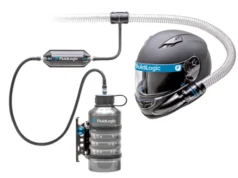
Are you keen on channeling your creative skills into the world of music? Are you an aspiring artist or producer who wants to have their own recording studio within the confines of their home?
Producing music is great fun and setting up a studio of your own is equally rewarding. Home studios are becoming increasingly common among music artists, producers, and even hobbyists.
Even big-name artists like Beyonce, Drake, and J Cole are all doing some recording at home before moving their demos to major production studios for more polished mixing and mastering.
But as you get started on your project, you might quickly find out there’s so much gear you need for your setup.
As such, you may overlook some things that are absolutely vital to making your studio functional. But thanks to advances in modern technology today, you don’t need as much equipment to start making music.
Learn more a detailed breakdown of 5 must-have equipment that will have a massive impact on the quality of your vocals, instrumentals, and overall sound of your work.
1. A Quality Studio Microphone
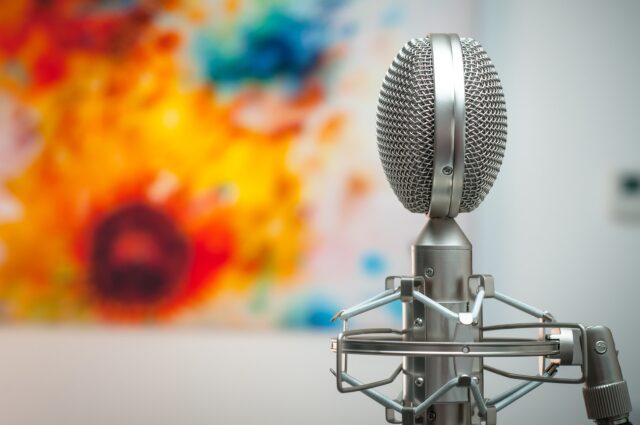
This is perhaps the most common piece of equipment in all studios. After all, how do you expect to do any recording without a microphone?
But as obvious as their need might be, finding one can be a complex process. There are many kinds of mics on the market for different functionalities.
For instance, condenser mics are great for recording vocals and acoustic instruments because they have a wide frequency range that allows them to record rich sound. You can also go for the more expensive ribbon microphones that are so popular with producers with enthusiasm for vintage sounds.
Whatever the case, you need to consider the music genre you’ll be recording to determine the best microphone for your studio.
2. A Music Production Computer
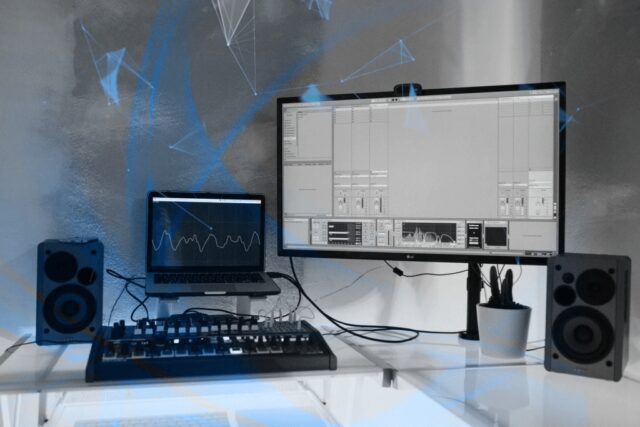
Computers are at the heart of almost everything we do today, including music production. Expect to do most of the work from your computer, from composing, recording to mixing and mastering.
Good computers for music production have never been more available than they are today. A machine with a Core i5 processor running on at least 8GB of RAM is a good place to start. However, there’s more that goes into choosing the right computer for your home studio than powerful specs.
You’re going to have to decide which computing platform is right for you. PC and Mac are the two major types today, but some producers work quite well on Linux.
Another factor you’ll also have to consider is if you’ll work best with a desktop or laptop. If you’re planning on working on the go or if you also do DJ-ing, then a laptop would be your best bet.
But if you intend on setting up a stationed recording studio, then a desktop PC would be best suited for you. Desktop computers are great because you can get a unit with more processing power than a laptop at the same price. Their size means they can accommodate bigger power supply units and can thus provide more juice for more demanding functions.
3. The Right Software
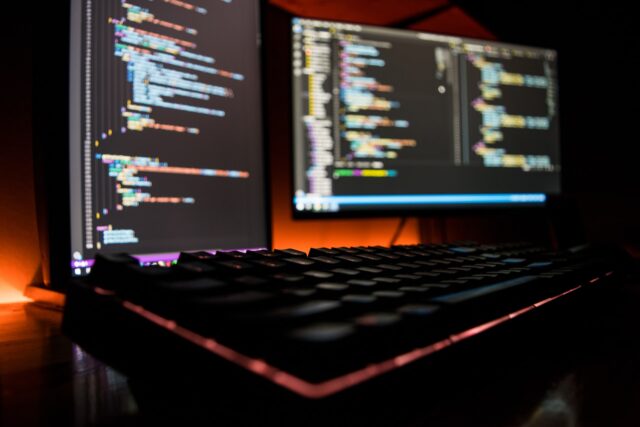
You’re going to need highly functional software for recording, editing, and mixing your music. There are like a million software options available today but finding the right one for you comes down to finding one that suits your needs. All the same, try and consider the following factors when choosing a digital audio workstation:
Reliable Functionality
It helps to work with software with an easy-to-use user interface and can effectively do the job you need. You don’t want to pay hundreds of dollars only to find the software is lacking in various respects.
Good Customer Service
Make sure that it also has good customer support and regular software updates. This way, you can easily find a solution should you get stuck, and your software will constantly be updated to industry standards.
Cross-Platform Software
As a professional in the music business, you will have to collaborate with other artists and producers around the world. As such, try to go with software that is compatible with both Mac and Windows operating systems.
4. Uninterruptible Power Supply (UPS)
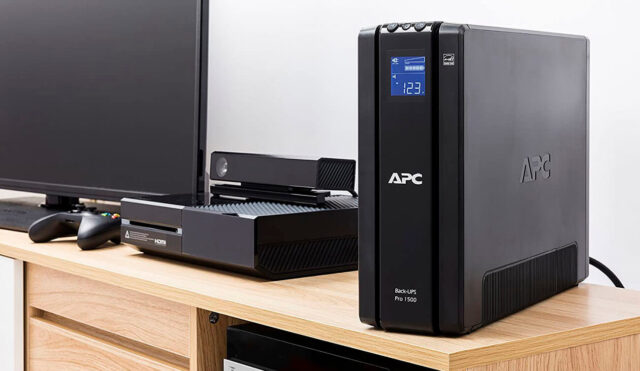
If you’ve ever had power failure when working on something on your computer, you must know how frustrating it can be trying to recover from where you left off once the power goes back on.
That’s where a UPS comes in.
A UPS is basically a big external battery that can power your computer for some time after power goes out, buying you enough time to save whatever progress you’ll have made on your project.
Make sure you get a UPS not only for your work but for the sake of your sanity.
5. Functional Audio Interface
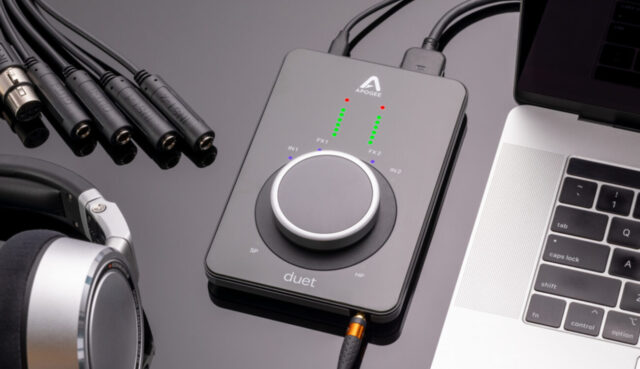
A solid audio interface is a mandatory item to have in your studio.
An audio interface facilitates audio signals transmitted in and out of a computer. It’s essentially responsible for capturing and recording vocals and instruments before outputting the audio to your headphones or preferred audio output.
While old computers used to come with internal sound cards, that function is now almost entirely outsourced to external audio interfaces solely dedicated to that function. This helps alleviate the burden of signal processing from the computer, enabling you as the producer to record without latency while also giving you better control over your audio controls.
Factor in the computer compatibility, phantom power, and the number of input and output ports available before settling on a particular audio interface.
Subscribe to Producer Confidential to Learn More About the World of Music Production
Having a home studio will allow you to sharpen your music production and audio engineering skills such that they’ll almost become second nature.
To learn more about how you can establish yourself as a great music producer, subscribe to Producer Confidential, a great news website that provides high-value insight into the world of entertainment production.
A lot of studio equipment that used to be marketed to elite, high-end studios have now become affordable and accessible more than ever thanks to the proliferation of modern technology.

